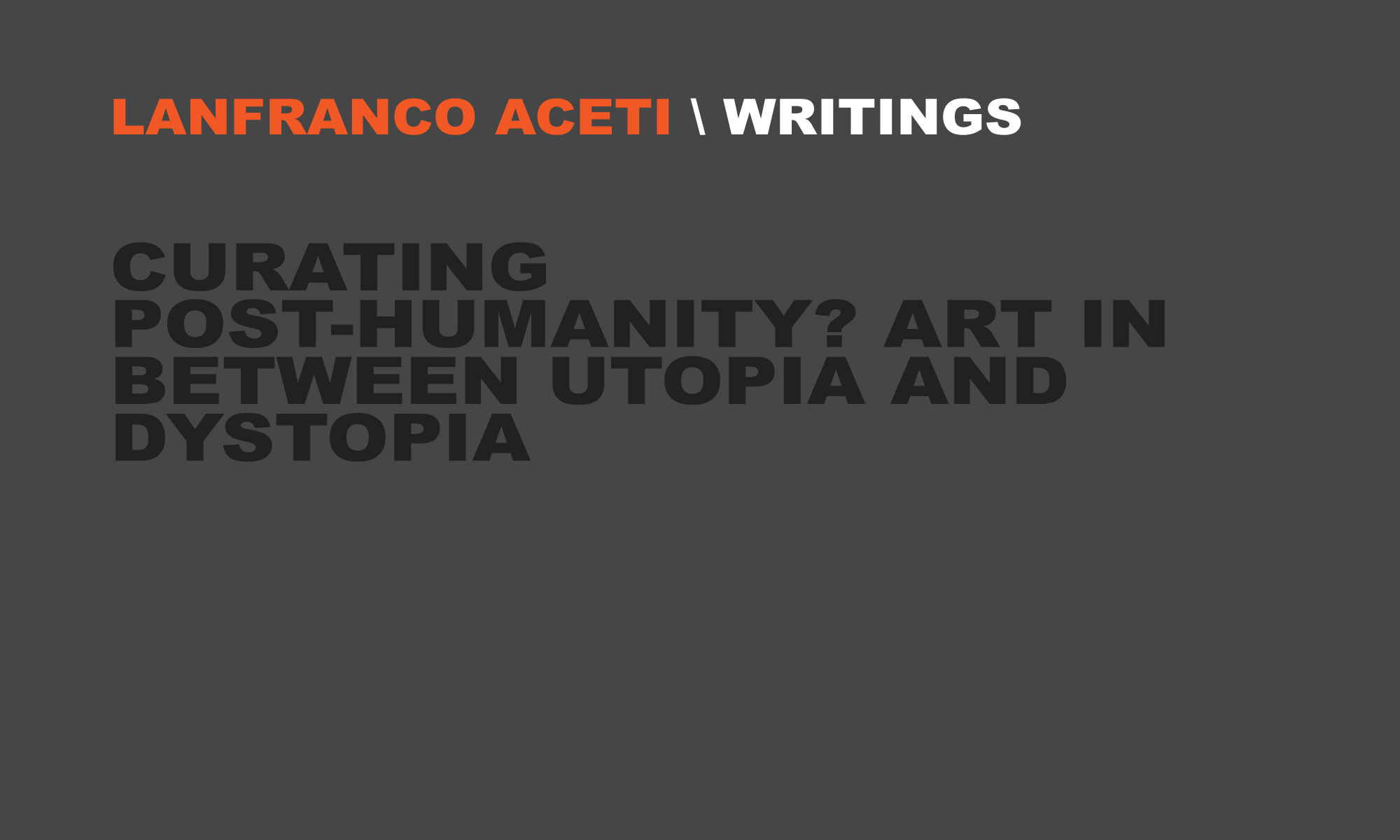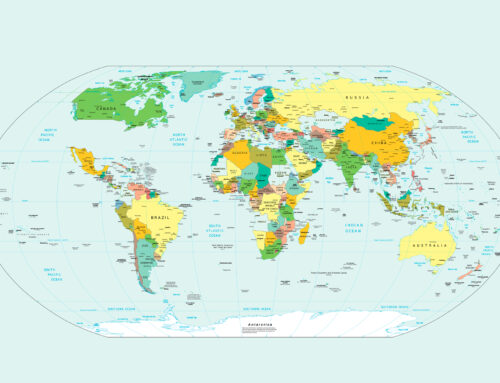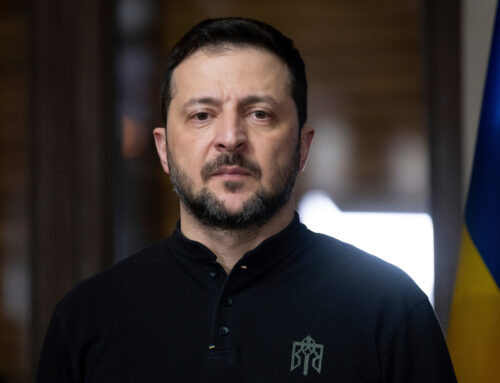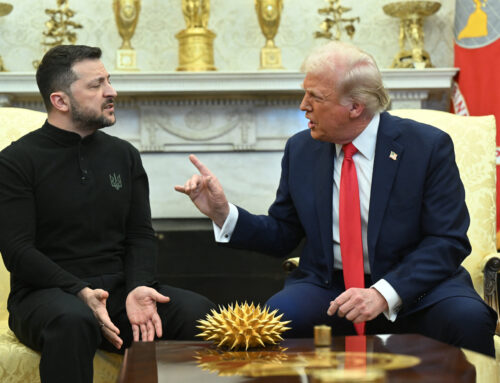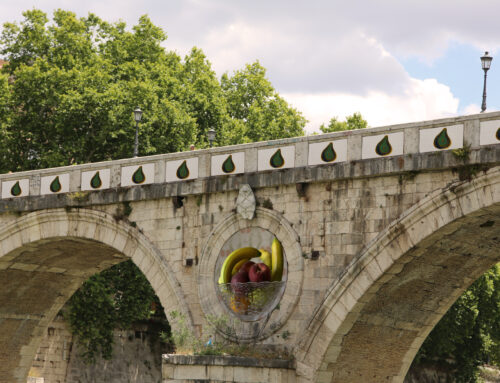CURATING POST-HUMANITY? ART IN BETWEEN UTOPIA AND DYSTOPIA
ABSTRACT
The paper will discuss the vision of a future that has moved from the optimistic approach of the Futurists, in which a technologically based utopian world would represent the panacea to the problems of humanity, to one of a contemporary dystopian vision in which the ‘maimed’ post-human body represent a temporary hybrid response to the cataclysmic events of a humanity in a world in crisis.
The visual representation of the new aestheticized crises, both in film and fine arts, is one that still concentrates on technology as the suitable response. This is a technological response to crises that, in the contemporary dystopian visions, can only ensure a temporary survival, before collapsing humanity in a worse crisis than the one technology originally attempted to solve. Technological solutions are presented as delayed failures that provoke the final collapse through a technological betrayal of human hopes.
The new technological hybrid-body, in the dystopian vision, is something that needs to be constantly curated as a consequence of humanity’s departure from the perfected image bestowed by the creator – homo est clausura mirabilium dei (man is the closing point of the marvels of the universe) in Paul Virilio, Virilio Live: Selected Interviews, 21.
The paper will conclude by arguing that the curatorial role in presenting these visions of the human body is not one based on utopia or dystopia, nor based on the perfect existence of an original image of the body to which one should adhere or that should be ‘curated’ of its sinful acquired imperfection. The vision of the post-human body is that of an evolutionary process within which failure in a crisis is only but one of many different possible outcomes.
KEYWORDS
Post-humanity, cyborg, dystopia, utopia, Futurism, crisis and evolutionary process
The paper was presented in Cardiff where I convened and chaired a panel on Post-humanity at the Literature, Art and Culture in an Age of Global Risk conference at Cardiff University.
This is from my original blog post in the old website in existence at the time “I look forward to this because Charlie Gere is going to be there and I have not seen him for quite a while now and it would be great to catch up. He is a great scholar and I have always appreciated his work.”
I structured the panel to be a sketch of the future visions for Post-humanity. When I was in Manchester for the Futuresonic Festival and Conference, the concepts of geoengineering, presented by Jamais Cascio, and terraforming, a NASA memory from my personal past when I suggested an art project to ‘seed a new earth,’ came back to memory.
The panel in Cardiff sketched some ideas on the evolutionary trajectory of the body but also looked into the complex matrix of aesthetic cultural perceptions that have developed since the encounter of the Futurists with the machine.
Panel Title: Sketching the Future of Post-humanity
Panel Convenor and Chair: Lanfranco Aceti
Speakers:
Paper 1: Curating Post-humanity? Art in Between Utopia and Dystopia
Lanfranco Aceti, Sabanci University, Istanbul
Paper 2: The Aesthetic Beauty of the Artificial: When Prosthetic Bodies Become an Art Expression of Empowering Design Technologies
Sessa Valentina, Birkbeck College, London
Paper 3: Human Avatars in Posthumanity: Using Technology To Reach A Peer-to-Peer Mind Sharing in Immersive Reality
Emrah Kavlak, Sabanci University, Istanbul
Sketching the Future of Post-humanity
The concept of crisis and transformation is reflected in the aesthetic choices of the visual arts which, like a barometer, signal and identify the shifts within society. The panel will address the theoretical underpinning of these transformation and the modalities of their representations in contemporary art practices focusing on the possible relation between crisis and escapism in Post-humanity.
Reference: Lanfranco Aceti, “Curating Post-Humanity? Art in Between Utopia and Dystopia,” Literature, Art and Culture in an Age of Global Risk, An international, Interdisciplinary Conference, Cardiff University, Cardiff, UK, July 2–3, 2009.

